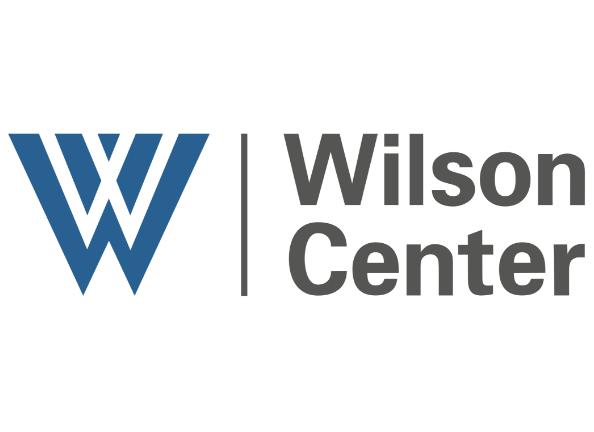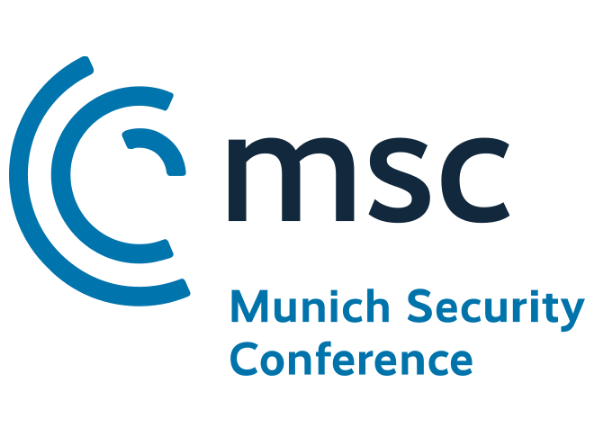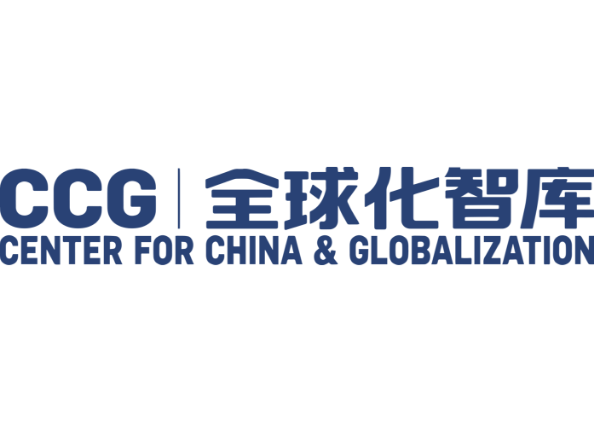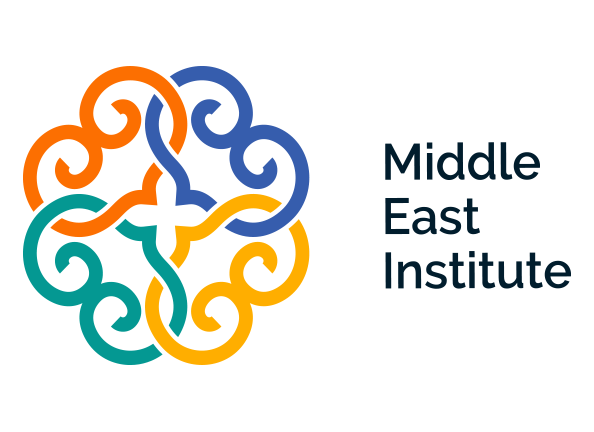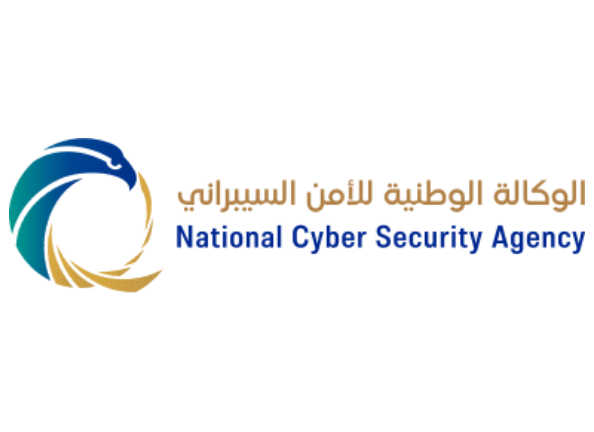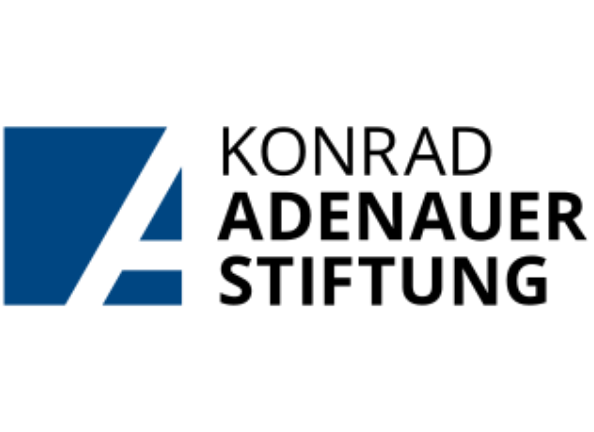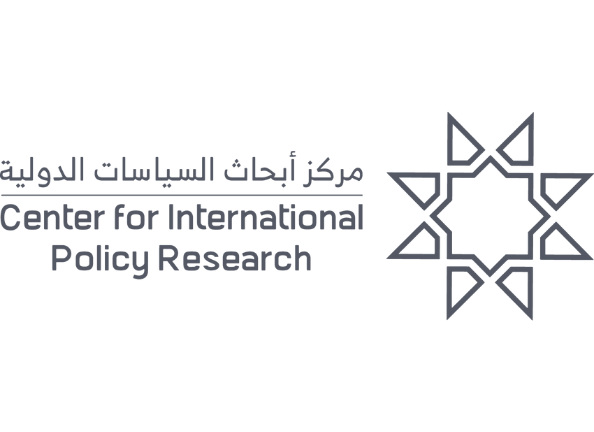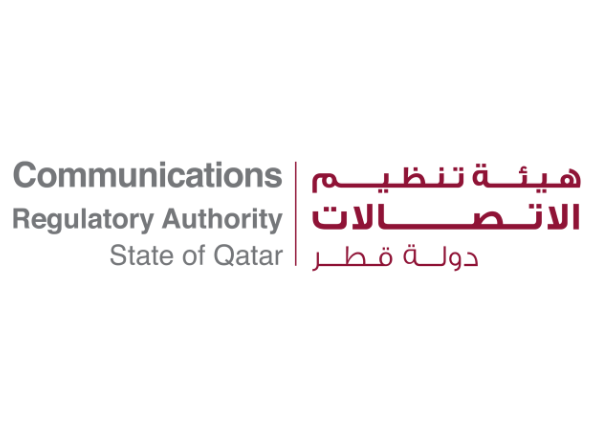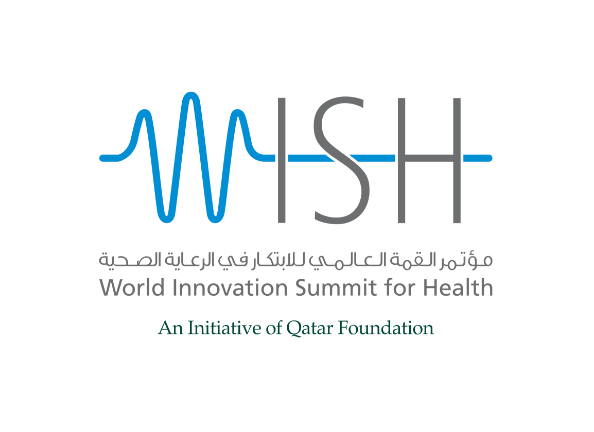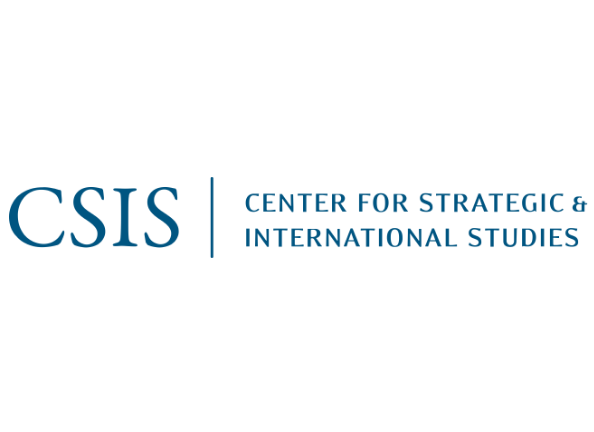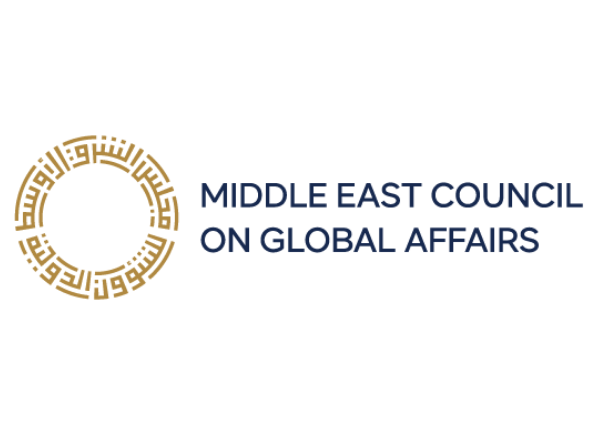Session Descriptions
Towards a Multilayered World: Rethinking Alliances
Preventing Further Escalation in the Middle East - The Hour of Intelligence Support? (invitation only)
A Multilateral Dialogue on Regional Security and Diplomacy
Securing Data in an AI Driven Era
State Agency and Multilateral Institutions in Times of Multipolarity
Building a Digital Economy: Is Your Country Future-Ready?
Vaccine Innovation and Global Health Resilience: Lessons from COVID-19 and Beyond
Newsmaker Interview: H.E. Hossein Amir-Abdollahian, Minister of Foreign Affairs, Iran
Advancing Sustainability & Improving Governance in Fragile States
The Middle East's Fragile Reset: What Future?
Prior to the Hamas attack on Israel on October 7 and the ensuing Gaza invasion, regional diplomacy was experiencing an upswing. Almost all regional countries were active participants in the process of regional de-escalation and normalization. The talk of a new and more cooperative era in regional politics was almost ubiquitous. However, as the war has illustrated, this process was and is fragile and reversible. Indeed, the regional reset remains an unfinished project. The Middle East was and is yet to define what comes after the de- escalation and normalization phases of recent years. As a watershed moment, the war will have a major impact on the dynamics of escalation and de-escalation in regional affairs. Premised on a special dossier,the Middle East's Fragile Reset: Actors, Battlegrounds, and (Dis)order, this panel aims to address the following questions:
1. What future awaits the process of regional reset of recent years in the Middle East?
2. What is the prospect for the idea of regional cooperation, multilateralims or minilateralism?
3. How does the interaction between the regional reset, Palestinian - Israeli conflict and the Palestinian question likely to evolve in the new period?
4. How do the regional reset and the war change the place of external powers in regional politics?
5. What is the way out of the current abyss?

